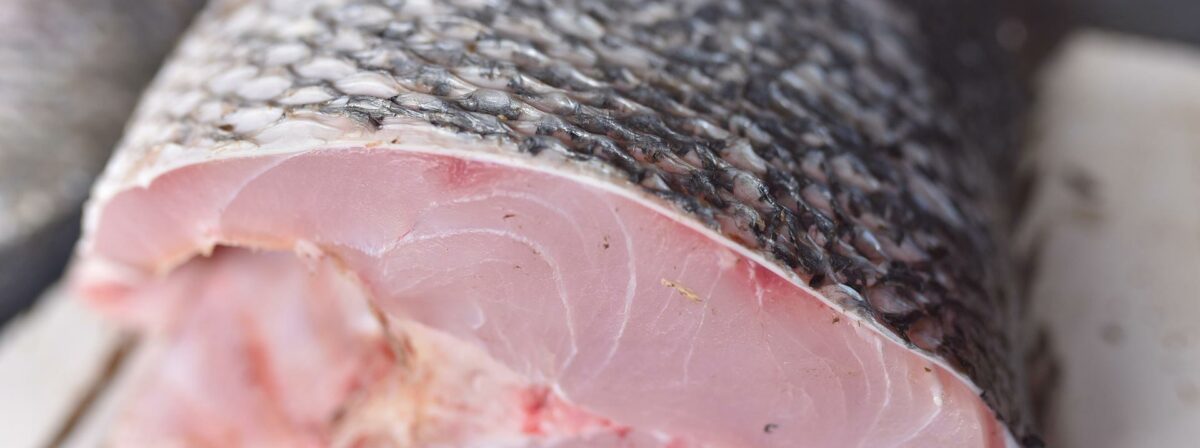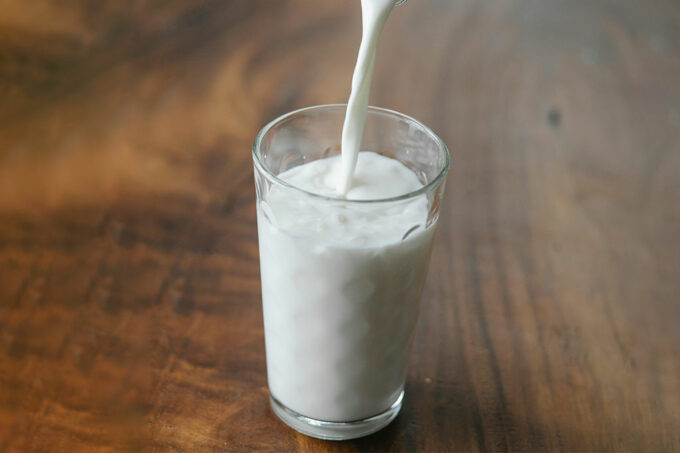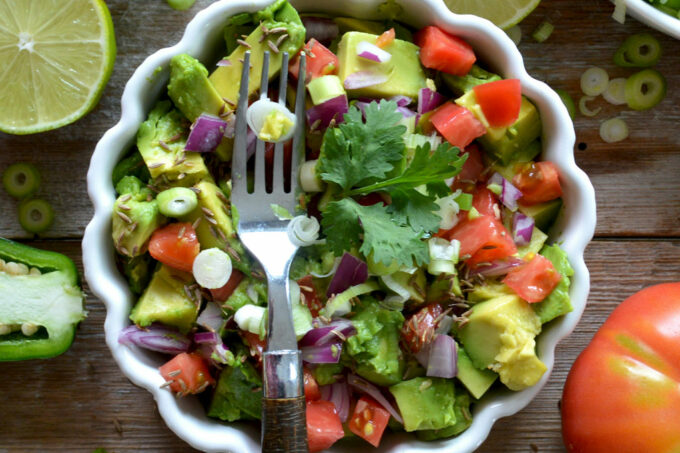Protein is found throughout the body – in muscle, bone, skin, hair, and virtually every other body part, tissue and cell. Proteins perform a very wide range of fundamental roles in the body, including driving reactions (enzymes), transporting oxygen (hemoglobin and myoglobin) and coordinating various processes such as growth, development, and reproduction (hormones). The body doesn’t store protein the way fat is stored as adipose tissue or glucose as glycogen. Muscle is not storage protein, it is functional protein. Because your body doesn’t store protein, it is important to get enough from your diet each day.
Protein is made up of smaller units called amino acids. The body uses 20 amino acids to make proteins. Of these 20, the body is able to synthesize 11 from scratch; 9 have to be obtained from the diet. These are referred to as essential amino acids and they are used to determine the quality of proteins. When a protein or foodstuff has all 9 essential amino acids, we refer to it as a high quality protein.
Every foodstuff (except oil perhaps) contains some protein. But of course, some foods have more protein than others. For example, cassava and matoke have protein, but we do not eat them as sources of protein. The foods we eat for their protein are animal products such as beef, goat, chicken; fish and seafood, eggs, milk and dairy products….. and grasshoppers of course. The plant sources of protein include beans, peas, groundnuts, soyabeans, lentils, simsim, chia seeds.
Animal protein sources tend to have all the essential amino acids so they are referred to as “complete” or “high-quality” proteins. Most plant protein sources lack one or more of the essential amino acids and are referred to as “incomplete proteins”. However, remember that we eat food (not nutrients) so it is important to look at the package that the protein comes in.
The animal source protein package does not have a lot of carbohydrates, except for milk and other dairy products. Animal products are good sources of sources of heme iron (easily absorbed compared to iron in plants), zinc, vitamin B12 and vitamin D. However, they do not provide any fibre and are associated with fat, usually saturated. Fish is different from the rest, as we already saw it is a source of omega-3 fatty acids. The red meat protein package provides quantity and quality, but it comes with saturated fat and no fibre. The chicken protein package might be leaner (less fat), but in our setting the production of the chicken might be of concern (antibiotics, hormones).
When it comes to plant protein sources, a few for example soya beans and chia seeds individually have all the essential amino acids, which means they are “complete” proteins. The others have some but not all essential amino acids. However, a combination of different plant sources can provide all amino acids. The plant source protein package has carbohydrates and fibre (legumes such as beans and peas are very good sources of fibre), and a range of vitamins, trace elements and other important plant compounds (phytochemicals). Some plant sources of protein are also good sources of oil, and the oil does not have a lot of saturated fatty acids: simsim 17%, groundnuts 11% and soyabean 14%. Overall, the plant protein package provides a wider range of nutrients and health benefits. Cereal grains (millet, sorghum, rice, wheat, oats, maize, amaranth (seeds of doodo) have some appreciable amount of protein but are not complete proteins. Combining legumes with cereal grains will give a good balance of all essential amino acids; thus the combination is a “complete” protein.
Processed meat was recently classified as a carcinogen; more on that here.
Rhona Kezabu Baingana is a nutrition scientist with the Department of Biochemistry and Sports Science, Makerere University, Uganda, with over 20 years’ experience in nutrition. She was a founding member of Uganda Action for Nutrition which transformed into the Nutrition Society of Uganda. Rhona holds a PhD (Makerere University), MSc (King’s College London), and BSc (Southampton University). Rhona is passionate about nutrition and is keen to use her knowledge and experience to support Ugandans eat healthy as part of a healthy lifestyle.




